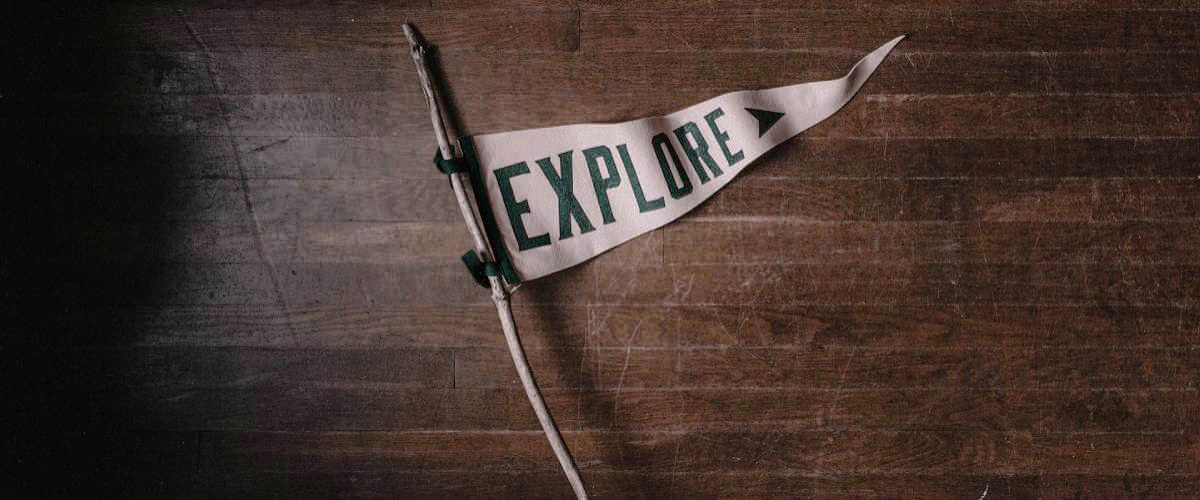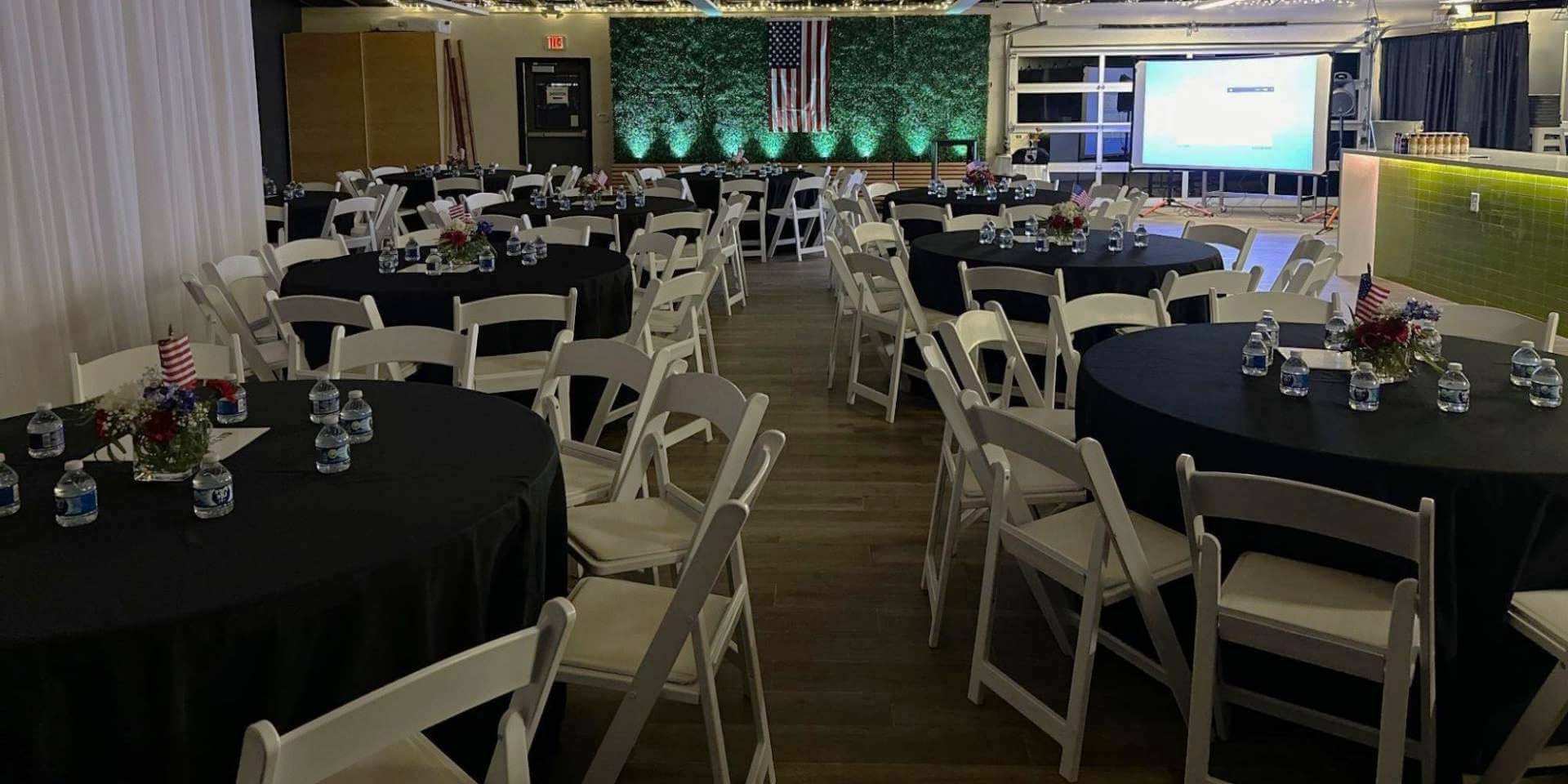Designing an event is like crafting a story, where every element, from the décor to the lighting, contributes to a cohesive narrative. The theme and purpose of the event lie at the heart of this process.
Understanding the Event’s Purpose
The purpose of an event is the cornerstone upon which everything else is built. It answers the fundamental question: Why is this event being held? The purpose could range from celebrating a milestone, like a wedding or an anniversary, to promoting a brand at a corporate event or even fostering community at a charity gala. Understanding this purpose helps align the event’s design with its goals.
For instance, a corporate event to launch a new product might prioritize a sleek, modern design that reflects innovation and forward-thinking. In contrast, a family reunion might focus on a warm, welcoming atmosphere with nostalgic elements to evoke a sense of belonging and shared history. Knowing the purpose allows you to choose design elements that effectively communicate the event’s message.

Choosing a Theme That Resonates
Once the purpose is clear, the next step is to choose a theme that complements it. The theme serves as the creative framework for the event, influencing color schemes, décor, music, and even the dress code. A well-chosen theme ties the event together aesthetically and enhances the guest experience by providing a coherent visual and emotional context.
When selecting a theme, consider the event’s audience and the emotions you want to evoke. Depending on the brand image and message, themes like “Futuristic Innovation” or “Classic Elegance” might be appropriate for a corporate event. For personal events, themes can be playful or intimate, such as “Vintage Garden Party” for a bridal shower or “Rustic Country” for a casual wedding. The key is to choose a theme that aligns with the event’s purpose and resonates with the audience, making the event memorable and impactful.
Aligning Design Elements with the Theme
After establishing the theme, every design element should be carefully selected to reinforce it. This includes everything from the venue choice and layout to the table settings and lighting. For example, if the theme is “Tropical Paradise,” elements like lush greenery, vibrant floral arrangements, and bamboo furniture would be appropriate. The color palette might include bold, bright colors like turquoise, coral, and yellow to evoke the feel of a tropical escape.

